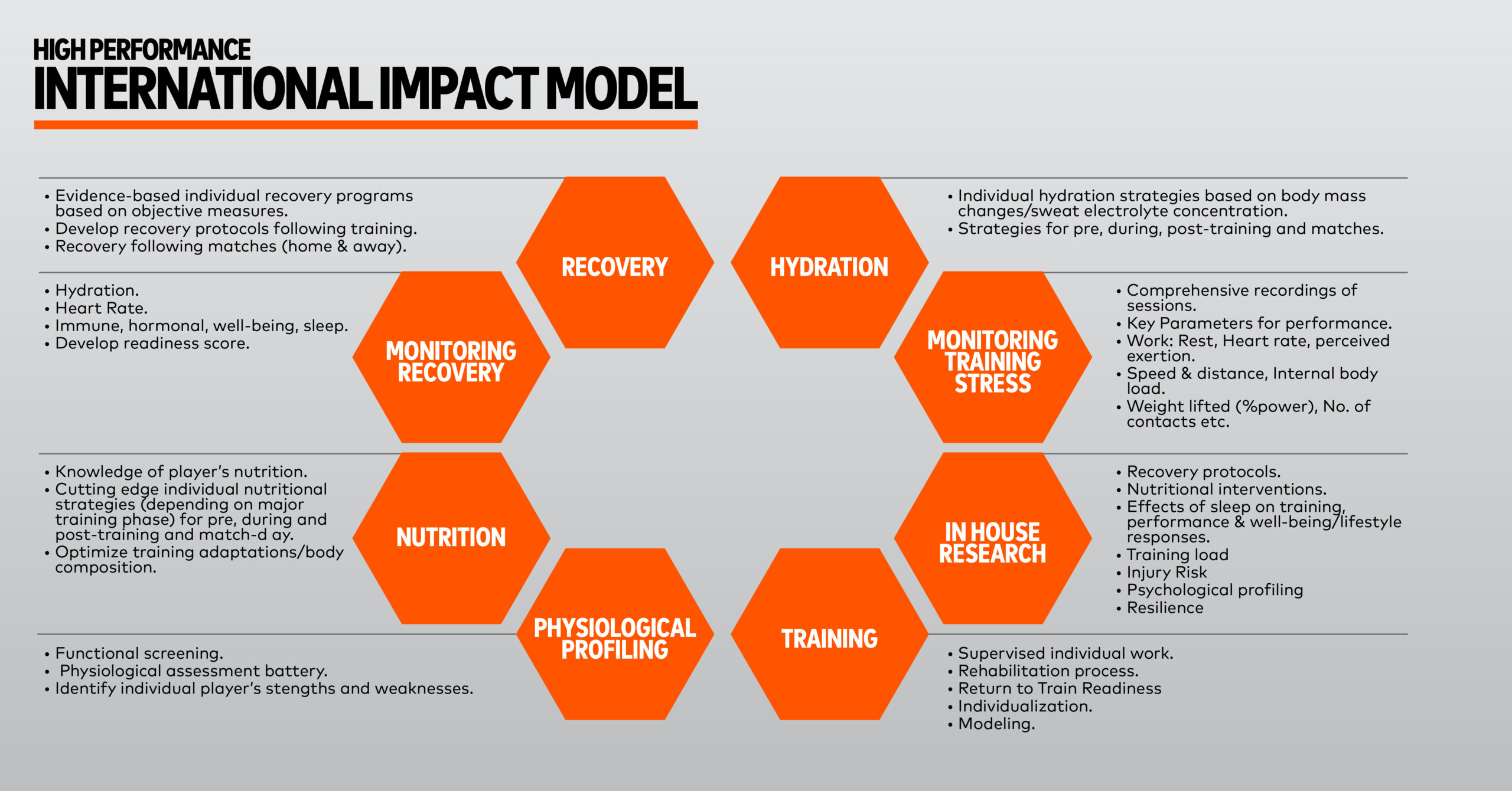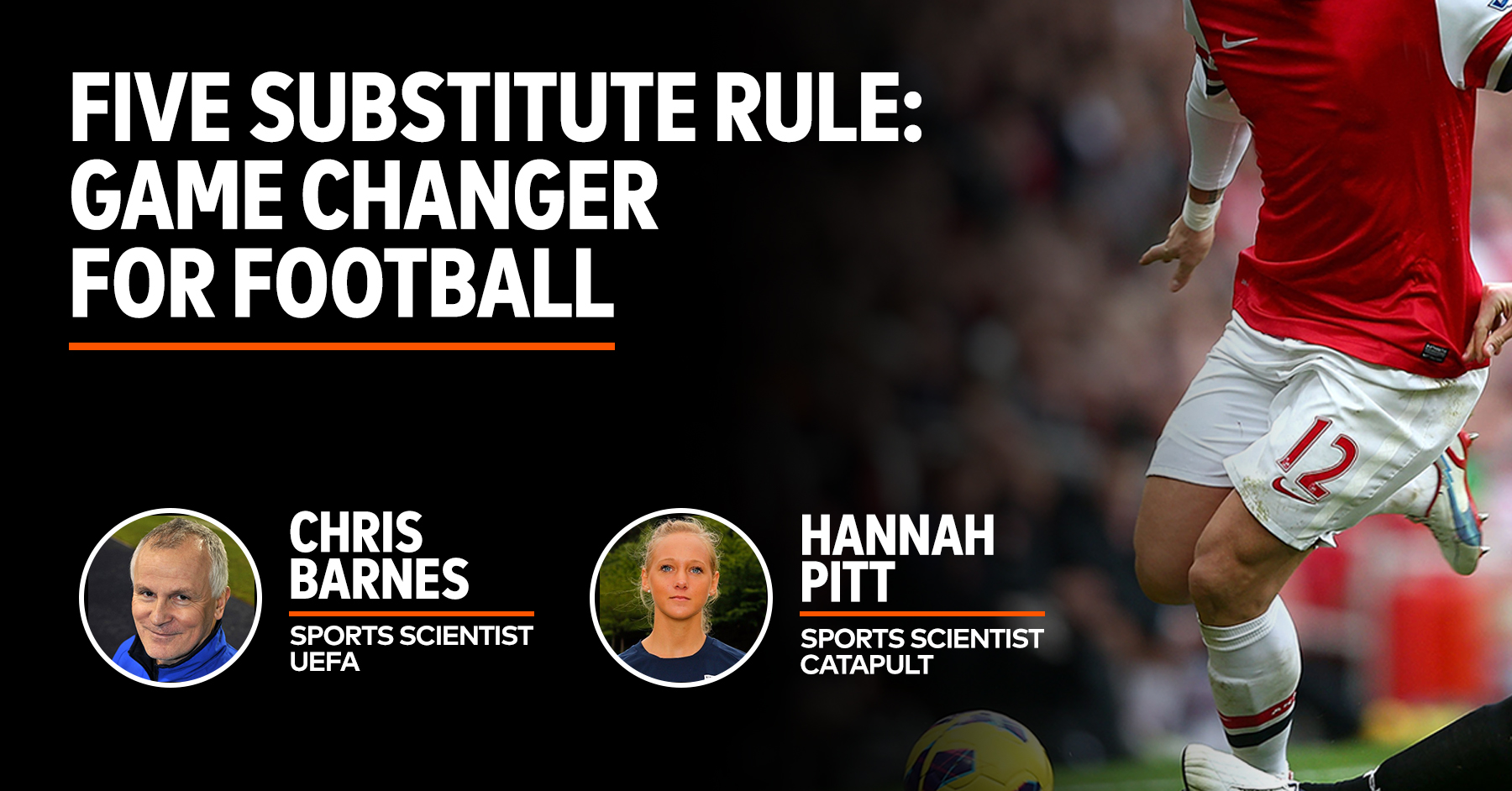World Cup 2022 x Wales National Team: Preparations, Challenges, and Expectations
As 32 teams from five confederations competed at the FIFA World Cup 2022 in Qatar, Catapult Customer Success Specialist, Andrew Lombard, hosted a webinar titled: ‘Wales at the 2022 World Cup: Preparation, Expectations, Challenges’.
This webinar featured Tony Strudwick, Football Association of Wales’ Head of Performance, who provided insights into an international team’s sports performance set-up, and Wales’ approach to major tournaments.
In doing so, the webinar provided a lens into a team’s performance operations heading into the most prestigious football tournament – FIFA World Cup 2022. Watch a preview of this webinar below:
To watch the full version of this webinar, click here.
FIFA World Cup 2022: Preparation, Expectations, Challenges
During the webinar, Strudwick said, that his role is to “create an environment that promotes total quality, attention to detail and a winning mentality in every facet of performance.”
Strudwick also shared his insights on the following topics:
- International football team sports science model.
- FIFA World Cup 2022 challenges & preparations.
- Learnings from previous tournaments (e.g UEFA EURO 2020).
- Technology use and future innovation.
- And more.
All of these topics can be summarised within the goal of “ensuring all teams are optimally prepared to compete successfully at major tournaments,” said Strudwick. A snapshot of the performance aspects Strudwick and his team work on can be found below:

How Wales Qualified and World Cup Group B
Wales qualified for the Qatar World Cup after beating Ukraine 1-0 in the European World Cup qualifying playoff in June. This feat ended Wales’ 64-year wait for World Cup competition.
After qualifying, Wales was placed in Group B in Qatar. As a result, they competed against the USA, Iran, and England in the group stage of the competition. Click here for Wales’ World Cup Fixtures and Results.
Key Challenges at the World Cup in Qatar
This congested fixture list coupled with a number of “key challenges at this World Cup: The temperature average in Qatar ranges between 21-26° celsius. Also, November and December are the most humid months of the year, at a relative humidity of 71%,” said Strudwick.
As such, these conditions presented an environment that needed to be managed effectively by performance staff in order to be successful at the major tournament.
In total, 64 matches would be played in Qatar with the teams who reach the finals, will eventually play seven matches. The tournament lasts for 29 days between 20th November and 18th December; as a result, teams are tasked with playing almost every four days, causing recovery times for players and staff to be squeezed.
In the webinar, Strudwick presented a model for addressing this challenge of high/congested fixture schedules. This model stems from his vast amount of professional football experience.
Strudwick previously spent more than 10 years at Manchester United, and has enjoyed various other stints across his 25-year career at Blackburn Rover, West Ham, and the English Football Association.
A Winter World Cup?
Despite Strudwick’s experience, this World Cup is challenging. This Qatar World Cup is like no other, presenting new and novel challenges to all players and staff.
The football tournament is different in that it is taking place mid-way through most domestic seasons – November and December – instead of the typical months in which previous World Cups have taken place: June and July.
The 2022 World Cup Final will be played on December, 18th. Whereas the next tournament, North America World Cup will conclude on July 3rd 2026.

World Cup 2022: Five Subs Rule Change
Ahead of the World Cup 2022, the International Football Association Board (IFAB) approved the use of five substitutions per game. During the tournament, teams were able to make five substitutes instead of the traditional three during each match.
As a result of this recent rule change, teams can also list 15 players on the bench and register 26 squad members, an increase from 12 and 23, respectively.
The principal driver behind this decision is to mitigate the effects of match intensity and fixture congestion, factors which are believed to directly impact player health and welfare.
To help practitioners make sense of this rule change, Catapult produced a webinar and report with UEFA Sports Scientist, Chris Barnes. To learn more about the rule change by accessing the webinar and report, click here.